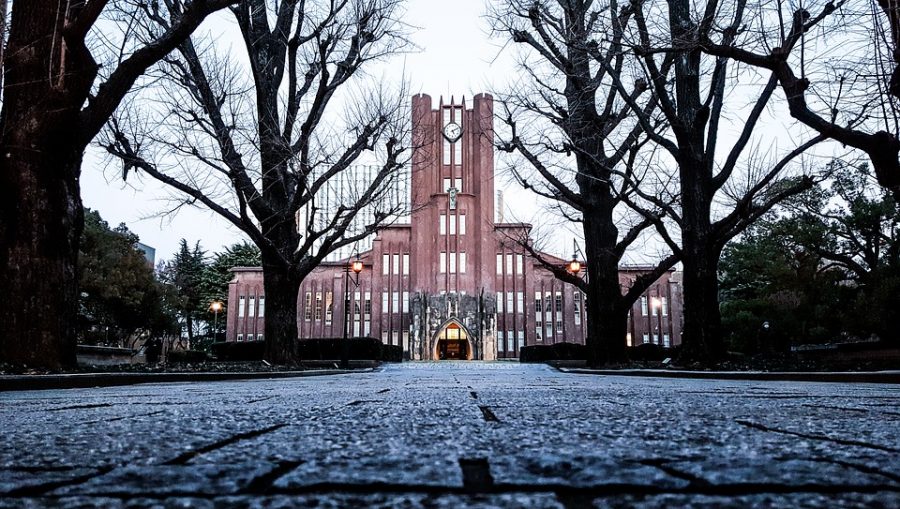Op-ed: Affirmative action grants opportunity to marginalized applicants
October 21, 2019
On Oct. 1, Federal District Court Judge Allison Burroughs presided over the highly publicized case brought by a group of Asian-American applicants, or Students for Fair Admissions, against Harvard University. The group claimed Harvard’s race-aware admission process discriminated against Asian-American applicants. The case garnered significant public attention, as it once again questioned the use of affirmative action in the college admissions process. Although Burroughs ruled in favor of Harvard, the case emphasized the controversy of affirmative action and the public’s complex feelings toward the policy.
Affirmative action in the U.S. has existed for almost half a century. Northeastern is included in this nationwide effort to achieve equal opportunity in higher education, regardless of race, gender, socio-economic status or any other identifier. In fact, the Office of Institutional Diversity and Inclusion establishes admissions policies that advocate for affirmative action.
Over the course of American history, however, there have been numerous lawsuits against the practice, most recently the case against Harvard. It is understandable that members of Students for Fair Admissions questioned the equity of Harvard’s admissions process when less-qualified students are admitted while they are rejected. The question is what college admissions should consider more — the diversity on campus or the competency of students.
Although there are controversies surrounding affirmative action, it is an important means of achieving social equality. As an exchange student from Japan, where most universities do not consider applicants’ social background as a factor in their admissions process, I support the merits of affirmative action. The University of Tokyo, my home institution, is one of the most prestigious schools in Japan, as Harvard is in the United States. The University of Tokyo has long suffered from its homogeneous student body, especially in terms of gender. Its undergraduate student body consists of over 80 percent male students and less than 20 percent female students. These numbers are unacceptable, especially compared to Northeastern’s 49:51 male-to-female student ratio, or Harvard’s 51:49.
The problems deriving from this uneven student body may not be obvious, but they do in fact have an impact. These universities recognize increasing female students will empower women to attend college and fill senior roles in the workplace. However, even though the University of Tokyo has worked to increase the number of female students for more than 15 years, the ratio remains the same. Japan’s longstanding tradition of overemphasizing the importance of entrance exams reduces equity in their admissions process. University executives are aware of the effectiveness of affirmative action, but public opinion would not approve of affirmative action policies. As a result, administrators at my home university would not consider actually implementing affirmative action.
But the applicant pool for acclaimed universities is also partly determined by socioeconomic status and other identifiers such as gender or race. In fact, gender, race and socioeconomic status are some of the most common inequalities that affirmative action attempts to combat in America. Opponents of affirmative action tend to overlook this element.
The only way for reputable colleges to interrupt the social cycle is to consciously make efforts to increase the number of minorities in their student body. Affirmative action sometimes appears unfair, but realistically, it is crucial to achieving equal opportunity. U.S. universities succeeded in balancing the gender ratio; however, Japanese counterparts continue to fail in this aspect because they choose not to implement affirmative action in the admissions process. That said, the U.S. still struggles to balance the scales when it comes to race. Statistics show even with affirmative action, minorities are more underrepresented at elite colleges than they were 35 years ago. As Japan observes America’s effort to achieve an equitable college admissions process, my hope is that American universities continue fighting for equality until they achieve this goal — and countries like my own can learn from their example.
Yuki Takahashi is a third-year sociology major at The University of Tokyo, participating in an exchange program at NU for one year.












